Plastic pollution
These is no such thing as ‘away.’ We’ve all seen the devastating images of pristine beaches covered with plastic waste, of turtles and other marine life killed by ingesting bags, bottles, and other debris.
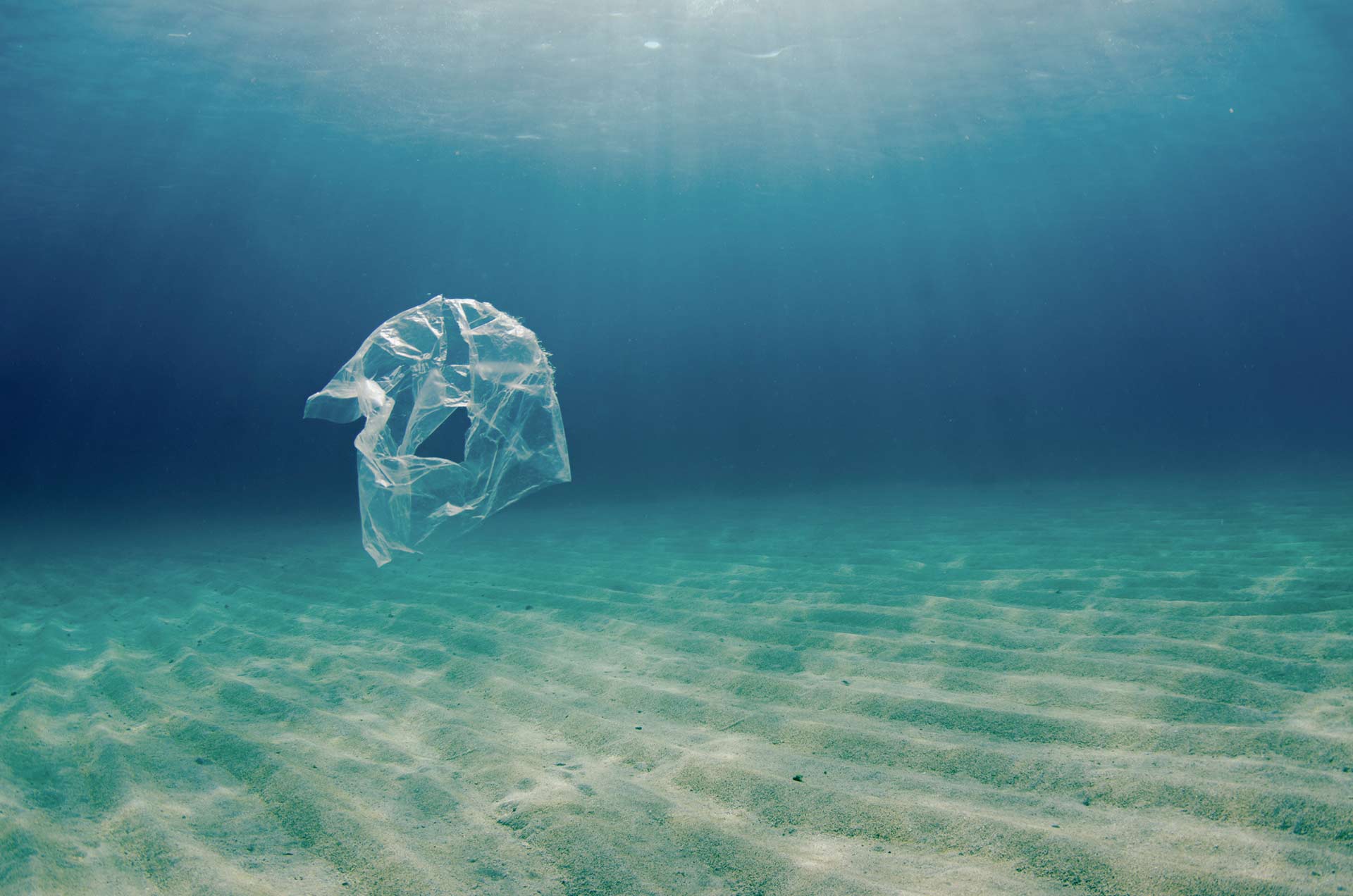
Things you can do
We want you to take action because together we’re strong.
-
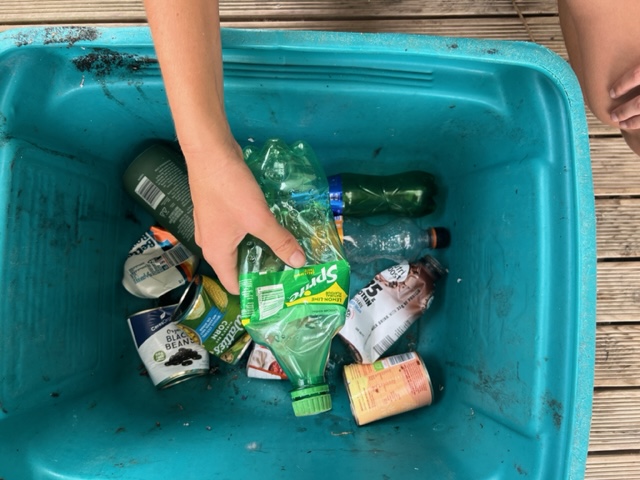
Message in a bottle to bring back the container deposit scheme
And then, take a photo holding your message in a bottle, and share on Facebook, Instagram and Twitter with #BringBackCRS
-
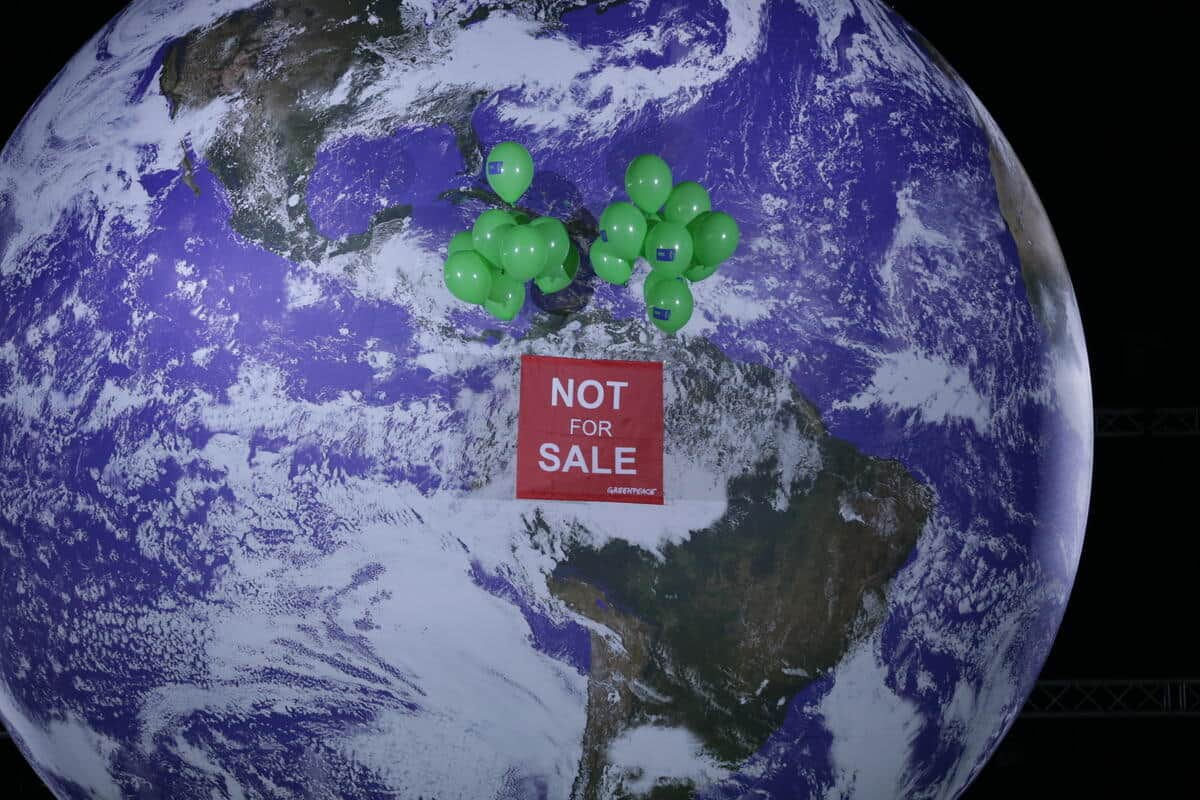
PETITION: Keep corporate sponsors out of COP climate talks
Join the call on the United Nations to reject corporate sponsorship of international climate negotiations.
-
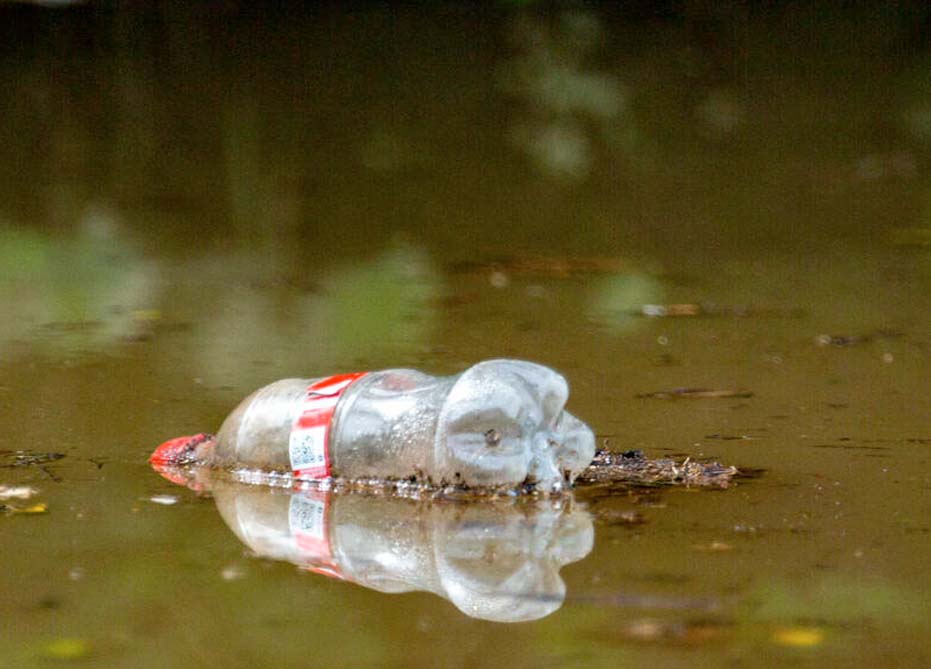
PETITION: Demand a Global Plastics Treaty
Call on the NZ Government to stand firm and support a strong global plastics treaty.
-
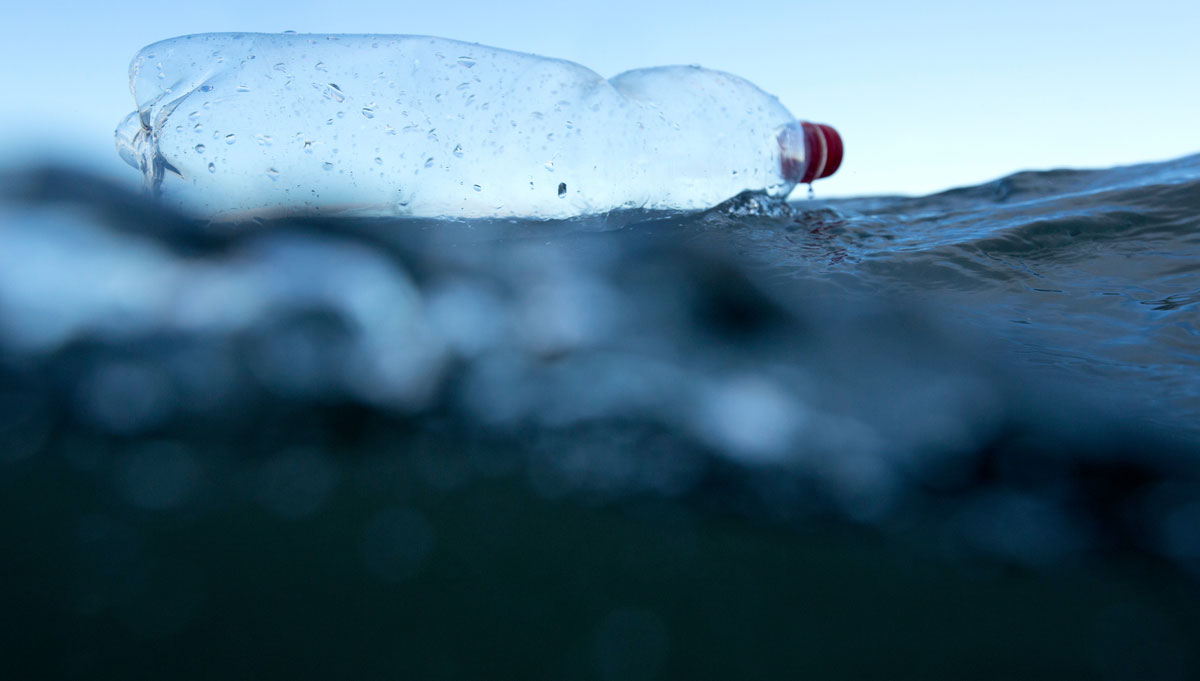
PETITION: Ban Single-use Plastic Bottles
Call on the NZ Government to ban unnecessary single-use plastic bottles* in NZ, and to incentivise reusable and refillable alternatives.
Many of us have also read the frightening statistics about microplastics getting into the food we eat and the water we drink. And while making efforts to reduce our individual plastic footprint is important, we’re operating in a broken system, one clogged with trash, and the people controlling the machine won’t turn it off. Worse still, some of them are even looking to amp up production. The good news is that together we can fix this.
The Break Free From Plastic movement is campaigning globally to stop plastic pollution at its source – the corporations that have created it and the governments that are failing to regulate against it. If we are going to tackle the behemoth that is plastic pollution, at the speed we need to, we’ve got to go right to the root. And that means getting big corporations to take responsibility for their rubbish, and telling global governments to put the rules in place to protect our planet.
-
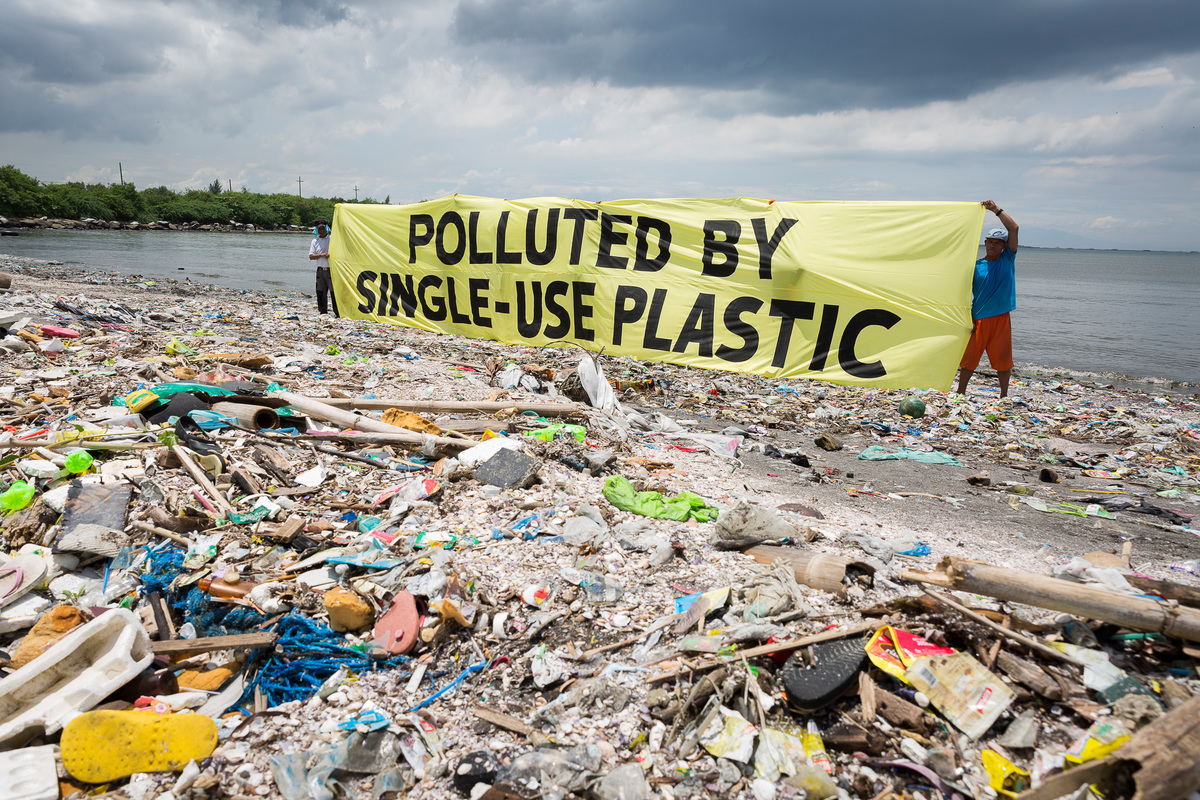
Plastic pollution: The crisis choking the oceans and marine life
Plastic waste invades every corner of our planet, and threatens sea life. But there’s still hope for a future free from plastic pollution.
-

Fast fashion problems and 4 reasons it will never be green
Fast fashion brands flood the market with cheap, trendy clothing at an unsustainable rate, creating environmental and social harm. 🥵
-

How traditional practices and modern solutions can end Waste Colonialism?
Waste colonialism is a stark reminder of global inequality, where self proclaimed developed nations export their waste to the Global South.
